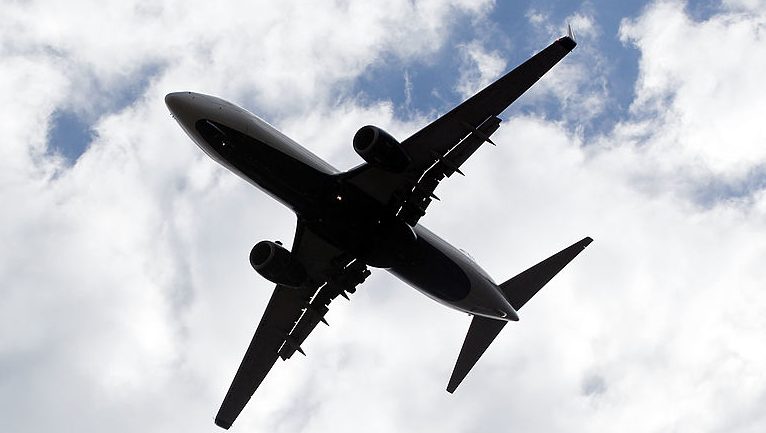The aviation industry has faced significant challenges in recent years, with 2024 being reported as one of the deadliest years for air travel in decades. The alarming number of plane crashes, midair collisions, and other incidents in 2024 and 2025 has understandably shaken the public’s confidence in the safety of flying. Since the beginning of 2025, there have been several high-profile incidents that have made headlines, including a collision between a Black Hawk helicopter and a commercial plane, a medical jet crash, and a commercial aircraft landing upside down. These events have led many to wonder if 2025 is shaping up to be the worst year for air travel in recent history. However, before jumping to conclusions, it’s important to examine the data and put these events into perspective.
According to the Federal Aviation Administration (FAA), there have been more than 15 plane crashes and collisions involving both commercial and non-commercial aircraft in 2025 so far. While this number is concerning, it’s essential to compare it to previous years to understand the broader trend. In 2024, the aviation industry experienced a particularly tragic year, with approximately 30 aviation incidents resulting in over 400 fatalities, as reported by Forbes. This makes 2024 the deadliest year for commercial aviation since 2018. Despite these alarming numbers, experts and historical data suggest that air travel remains one of the safest modes of transportation, even as public concern grows.
The question on everyone’s mind is: why are planes crashing so much? While it may seem like there has been an increase in aviation incidents, historical data tells a different story. Since the 1970s, the number of fatalities and aviation incidents has steadily decreased, according to the Bureau of Aircraft Accidents Archives. This trend highlights the progress made in aviation safety over the years. However, experts like Anthony Brickhouse, an aviation safety expert, caution that while air travel is still safe, the recent spate of incidents should not be ignored. Brickhouse told CNN in January 2025 that travelers are still far safer on a plane than they are driving to the airport, but he emphasized the importance of identifying trends and addressing potential safety issues before they escalate. He also stressed the need for the public to advocate for continued improvements in aviation safety.
Despite the reassuring statistics, the series of incidents in 2025 has left many people wondering if it’s still safe to fly. The answer from experts is a resounding yes. According to a 2024 study by the Massachusetts Institute of Technology, the odds of dying in a plane crash are about 1 in 13.7 million. This statistic underscores just how rare and safe air travel is compared to other modes of transportation. However, the repeated incidents in recent months have eroded public confidence, leaving many travelers anxious about flying. The psychological impact of these events, coupled with the relentless media coverage, can make it feel like air travel is becoming increasingly dangerous, even when the data suggests otherwise.
The public’s growing unease is understandable, especially in light of the dramatic and often tragic nature of these incidents. Plane crashes are rare, but when they do occur, they receive widespread attention, which can create a distorted perception of risk. This heightened awareness can make it seem like flying is becoming less safe, even as the overall trend continues to show improvement. However, experts like Brickhouse encourage travelers to remain vigilant and vocal about safety concerns. By advocating for stronger safety measures and greater transparency, the public can play a role in ensuring that air travel remains as safe as possible.
In conclusion, while 2024 was indeed a tragic year for aviation, and 2025 has seen its fair share of incidents, the data shows that air travel is still remarkably safe. The progress made in aviation safety over the decades is a testament to the industry’s commitment to protecting passengers and crew. However, the recent spate of incidents serves as a reminder that vigilance and continuous improvement are essential to maintaining this safety record. As travelers, it’s natural to feel concerned after high-profile incidents, but it’s important to keep things in perspective and trust in the systems and regulations that have made air travel the safest way to reach your destination.









